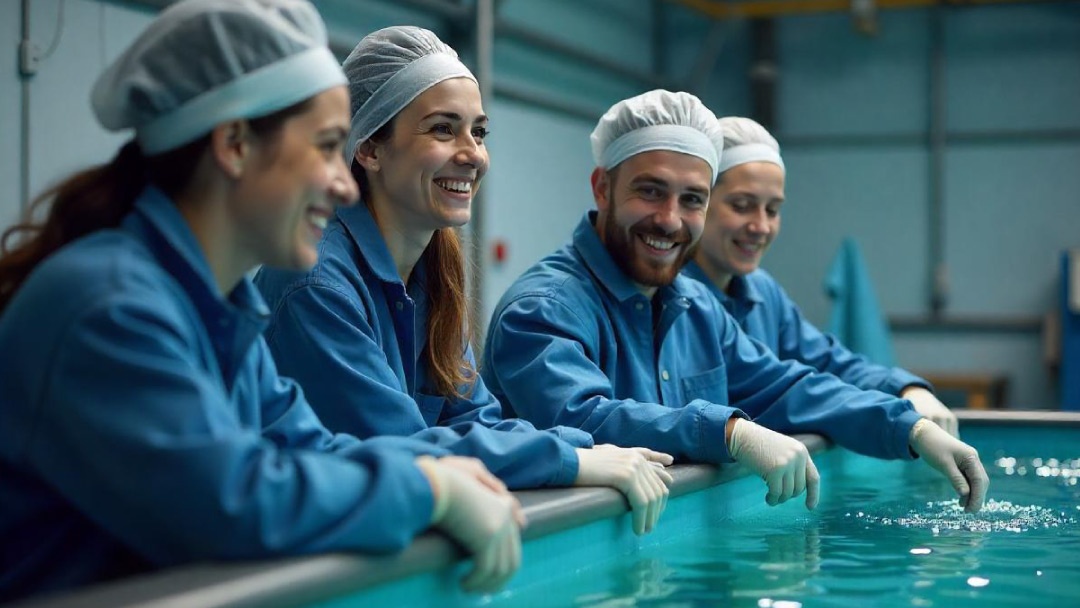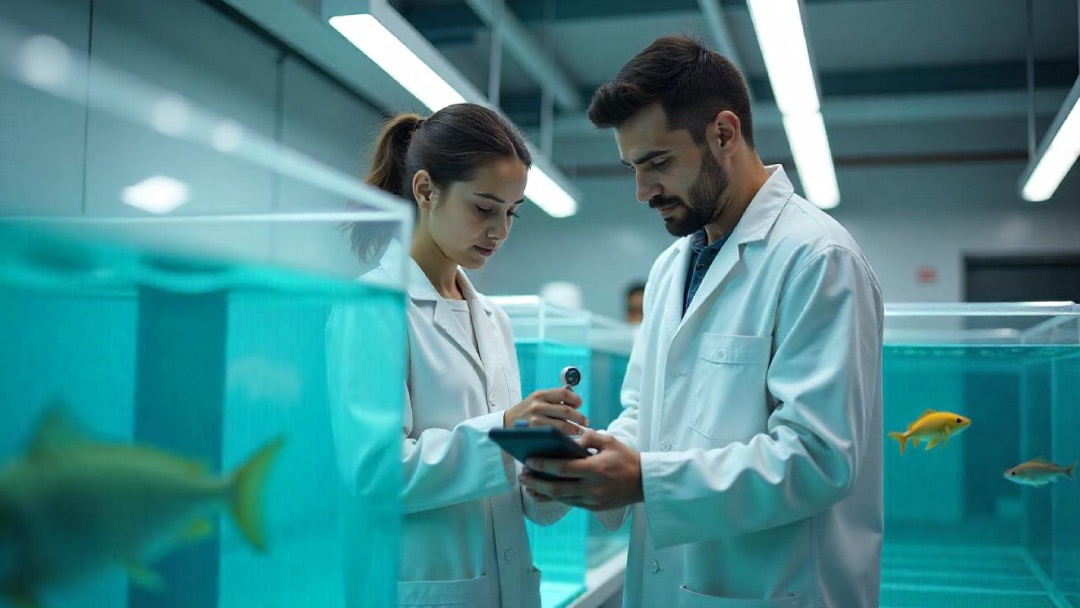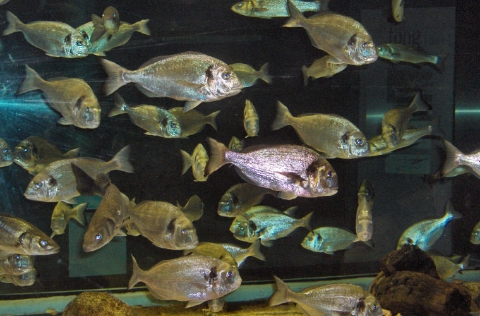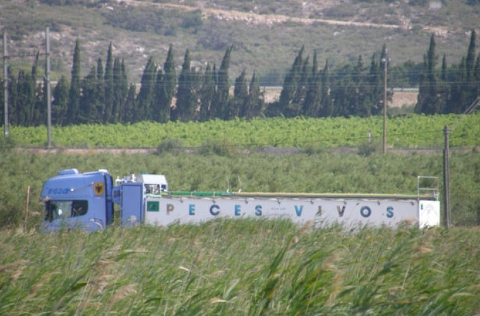
Recirculating Aquaculture Systems (RAS) are revolutionising the aquaculture industry by offering a more sustainable and efficient method of production. However, working in a RAS involves far more than simply rearing fish. These cutting-edge systems come with challenges that demand a more than simply rearing fish.
These innovation systems come with challenges that demand a specific skill set to ensure both safety and operational excellence. Beyond traditional aquaculture tasks, professionals must be adapted in technical, organizational, and interprofessional skills essential for thriving in this demanding environment.
These facilities rely on advanced technology, including electrical systems, pumps, filters, and sensors, all requiring ongoing maintenance. Risk management and occupational safety are equally critical, with hazards ranging from chemical and biological exposure to handling electrical equipment. Proper training in these areas minimizes risks and ensures every task is carried out as safety as possible.
Organisation and workspace maintenance are also indispensable skills. Lastly, resilience, stress management, and teamwork are key attributes for addressing the physical and mental demands of these systems. Effective communication and a positive attitude not only foster a healthy work environment but also enhance productivity and job satisfaction.
So, what makes the ideal RAS professional?

First and foremost, they should have a strong technical foundation, combining hands-on knowledge of mechanical, hydraulic, and electrical systems with the ability to swiftly adapt to new aquaculture technologies.
A proactive approach to problem-solving is essential, enabling them to anticipate and address issues before they escalate.
Meticulous adherence to safety standards is another hallmark of an exemplary professional. They not only follow protocols but actively promote a culture of safety among colleagues, exemplifying a commitment to team wellbeing. Attention to detail and discipline are paramount here.
The perfect RAS professional also excels in organisation. This involves not only maintaining a clean and efficient workspace but also effectively managing time and tasks. The ability to priories and remains focused amidst multiple demands is crucial.
On an interpersonal level, they display empathy, teamwork, and strong communication skills. These qualities are vital for sustaining a harmonious and productive work environment, particularly in high-pressure situations. Emotional resilience allows them to manage stress and adapt quickly to unexpected changes.
Lastly, a passion for continuous improvement sets them apart. Staying informed about the latest industry innovations and actively seeking ways to optimize processes and reduce risks makes them invaluable team members and role models for others.
In summary, RAS operations demand more than just workers-they require well-rounded professionals who merge technical expertise with organizational and interprofessional abilities. Such individuals not only ensure the smooth functioning of these systems but also contribute significantly to the sustainable and safe advancement of aquaculture as a critical solution for future food production.




